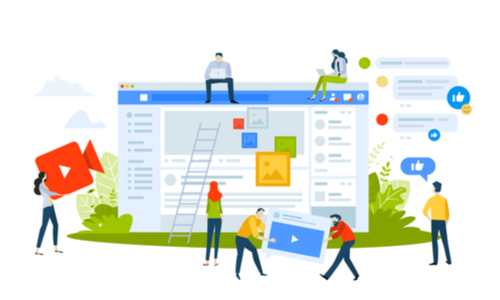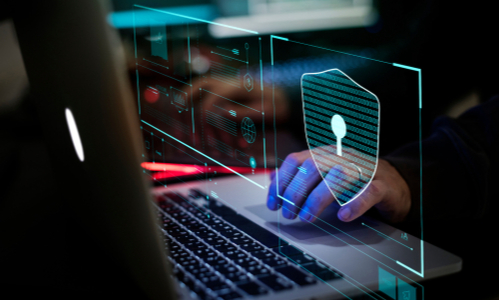Digital

Makovsky
Tuesday, June 17, 2014Kevin Ashton, a visionary whose many claims to fame include inventing a global standard system for RFID and other sensor devices, as well as pondering why airline flight recorders simply don’t stream their data into the cloud, also coined the term “Internet of Things” (IoT) more than 20 years ago (in 1991). He defined it as a system where the internet is connected to the physical world via ubiquitous sensors. In other words, an extension of machine-to-machine and person-to-person communications, and a whole new world of data to manage, analyze and act on.
Now in 2014, Internet of Things has arrived on the latest hot tech trends list along with cloud, big data and analytics thanks to the explosion of smartphones, tablets, Nest, and wearables hitting the market.
So how does it work?
The Internet of Things requires, well, two “things:”
An object (i.e. person, animal, vehicle, appliance, etc.)
A unique identifier (i.e. data tracking device)
A very relevant example of the Internet of Things is a wearable device, such as a Jawbone or Fitbit. In this instance, you’re taking an object – the wearable – and tracking your health information online or through the device or application, leveraging the data for your personal knowledge and action.
Some 25 billion devices will be connected by 2015, and 50 billion by 2020, predicts Cisco’s Internet Business Solutions Group. And IoT product and service suppliers will generate incremental revenue exceeding $300 billion, mostly in services, in 2020, according to Gartner. So the wearables industry, part of the overall Internet of Things concept, should be here to stay.
So why does this matter to you?
The Internet of Things can help make you a more informed consumer. Whether tracking your fitness and wellness through wearables, navigating the open road with the GPS in your car or the heart monitor your grandmother uses monitor her health, the Internet of Things brings people together with data and information needed to enhance their lifestyles.
The Internet of Things also matters because it can be somewhat of an invasion into your privacy. With brands looking to do more targeted marketing to consumers, they – and the apps and services they offer – will ask you for everything from your email address to your blood glucose level. But, that’s part of the deal. If you want to participate in the Internet of Things and have the benefits of data and technology – you have to give a little, to, in my opinion, get a lot.
So, what’s your call? Are you on board with the Internet of Things?










